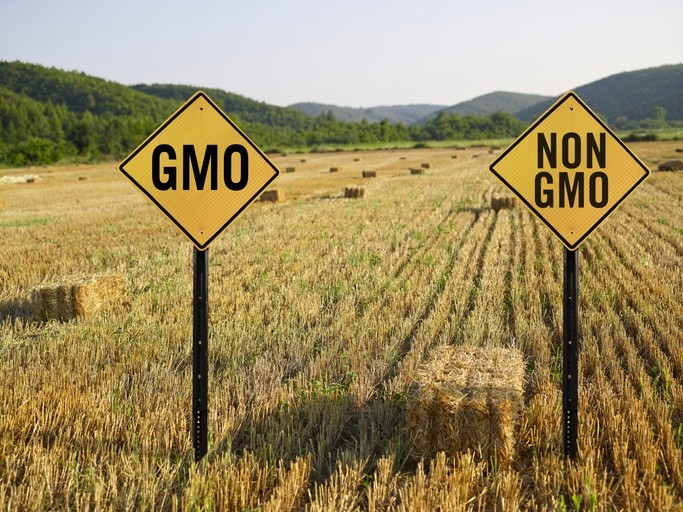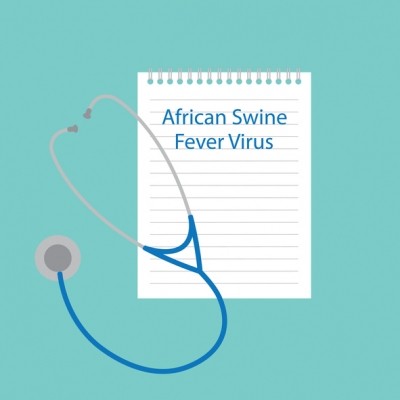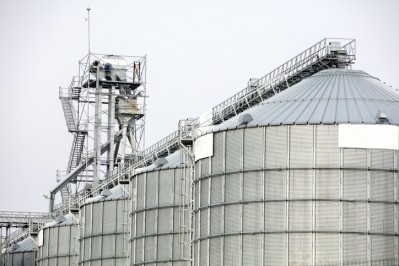US study claims GM-free feed can lead to a hike in on-farm GHG emissions and higher food prices

Moreover, grain elevator and feed mill product handling and production requirements would be greater, and the price of meat, milk and eggs for consumers could increase.
The rationale for the study
Partnering with Dairy Management Inc, the National Corn Growers Association, the US Poultry and Egg Association and others, IFEEDER initiated the research.
The study, which was conducted by Iowa State University and Decision Innovation Solutions, examined the environmental and economic implications should US animal food manufacturers need to boost the production of non-GM feed.
Lara Moody, IFEEDER executive director, said the findings shows that when industry players decide to opt for alternatives to “proven technologies like GM crops”, the costs for both the environment and consumers can increase. “As food retailers and manufacturers pursue ambitious sustainability goals in the future, we hope this research will inform their decision making on the value that GM feed provides.”
GM seeds have been widely adopted by US corn and soybean farmers.
Overall, 92% of US corn acres were planted with GM seeds in 2019 (including the combination of Bt only, HT only and stacked), the data shows. In the case of soybeans, the share of US soybean acres planted to HT seeds grew from 54% in 2000 to 94% in 2019, respectively.
Key findings
The study found that all participants in the non-GM feed production supply chain would be subject to additional costs related to segregation and isolation of GM and non-GM ingredients. For example, the grain elevator could potentially spend an additional $0.05 to $0.07 per bushel to handle and segregate non-GM soybeans, compared with regular soybeans, and $0.07 to $0.09 per bushel more for non-GM corn, said the research team.
“The feed mill, at the end of the feed production chain, would be subject to the largest increase in the price of the final product, which would directly impact consumer prices for meat, milk and eggs derived from animals fed non-GM feed.”
The paper indicated that, from a monetary viewpoint, GM seeds cost corn and soy farmers more initially, but are typically offset by lower costs for herbicides, insecticides and field operations when compared to non-GM production.
The authors said they also evaluated the impact of on-farm fuel reductions to lower CO2 emissions to the environment by using GM crops. They found that the GM corn no-till system emits the least CO2 for diesel combusted in field operations at 0.0258 metric tons per acre, based on 2020 corn production budget data.
Nitrogen efficiency has improved with the expansion of GM seed use and other technologies, they claim.
“Examining corn alone, the research shows that if it takes 4.9% more corn acres to yield the same level of production with non-GM corn as would be expected with GM corn, then total nitrogen volatilization and leaching losses under all non-GM corn production would be expected to be 2.7% and 4.3% higher than with all GM corn production.”
Research conclusions
The yield advantage offered by GM seed technology creates environmental and economic benefits on the farm, said the researchers.
“Until non-GM seeds achieve similar yields, those advantages will continue to exist.”
Additionally, because GM seed traits improve the feasibility for reduced tillage, and therefore fuel use, reduced CO2 emissions from combustion will remain an advantage, said the authors.
“For feed production, the ability to be part of a potentially expanding GM-free feed market has capital and operating cost considerations.
“The ability to segregate to achieved desired AP tolerance levels is feasible, but the management requirements add a higher level of complexity unless the facility is solely dedicated to non-GM feed.
“As the animal sector pursues sustainability targets, feed implications will need be considered. For example, feed is a significant component of an animal’s carbon footprint. The scope of the GHG impact linked to GM versus non-GM feed will need to be considered as the animal sector explores pathways to meeting their evolving targets.”
The non-GMO project's perspective
US non-profit organization, the non-GMO project, contested the findings.
"The comparison presented by this data offers false conclusions by limiting the scope of inquiry. An effective comparison could be made between conventional livestock farming with GMO feed and regenerative livestock farming with non-GMO feed," a spokesperson told FeedNavigator.
GMOs can increase expenses on the farm in a variety of ways: through higher seed cost, increased herbicide expenses and fuel expenditures for additional applications, and materials to suppress superweeds as they emerge on farmland, said that group.
"Off-farm costs are significant and frequently dismissed. Producing and transporting inputs such as fertilizers and pesticides, the monetary impact of environmental degradation, diminished soil health and compromised human health outcomes from a diet high in processed GMO commodity grains are all costly downstream effects of GMO agriculture."
To undo GMO agriculture's harms on a planetary level, argues the non-GMO project team, the agricultural system, in addition to the seed supply and feedstock, must be reformed.
Citing an article in the Washington Post, the organization noted the IPCC's Climate Change Mitigation report's agricultural recommendations: "By adopting regenerative farming practices that store carbon in the soil, curbing fertilizer use and reducing the amount of meat we consume, people can turn farmland from a carbon source into a sink."
There are creative and productive solutions to the climate crisis, ways to shift the food system from a net polluter to a climate ally, added the non-GMO project representative.








